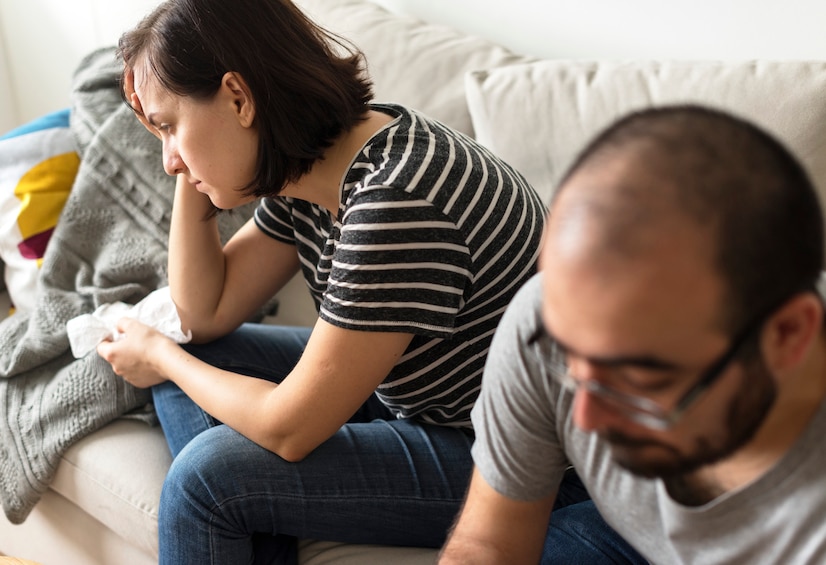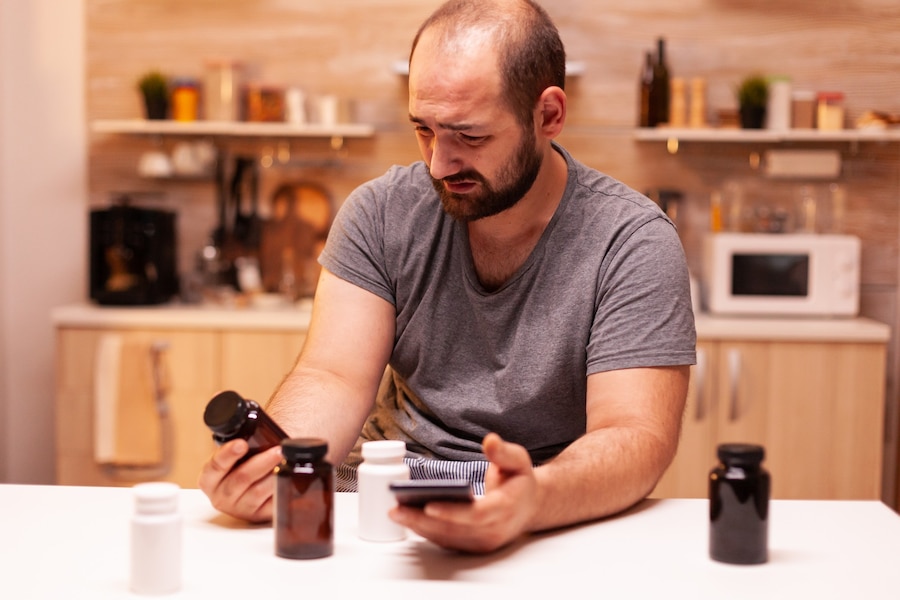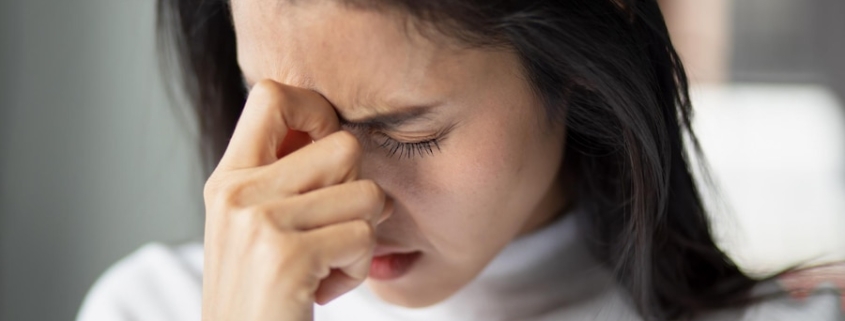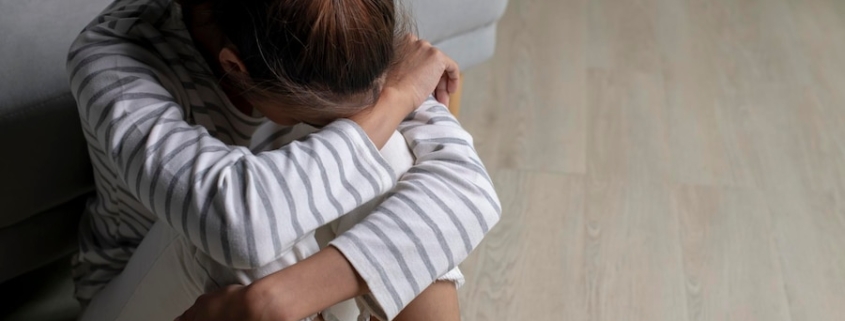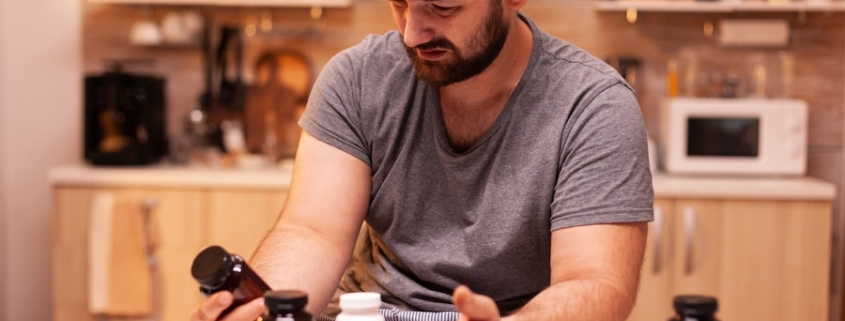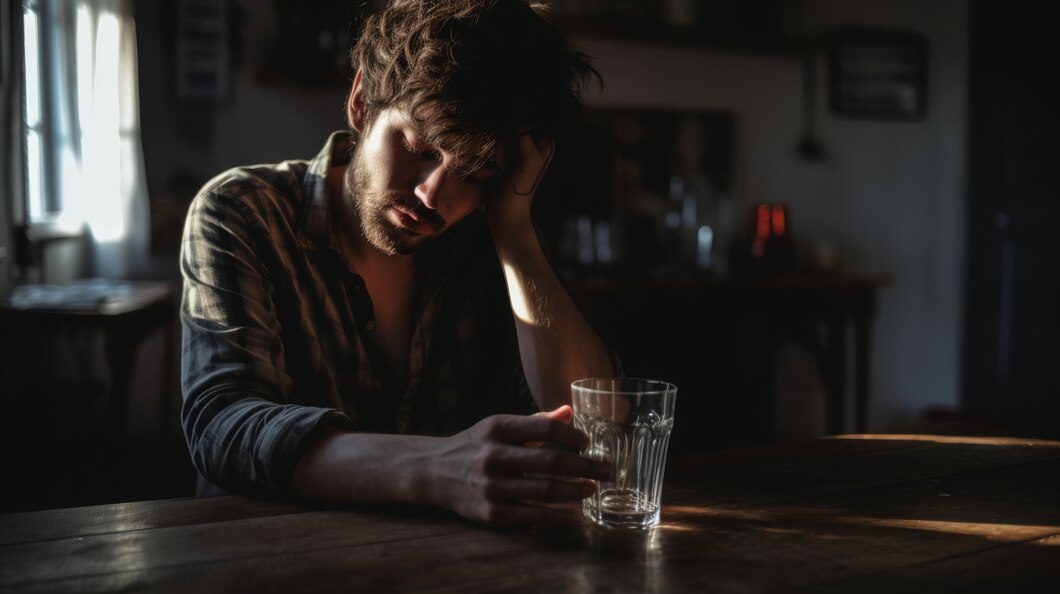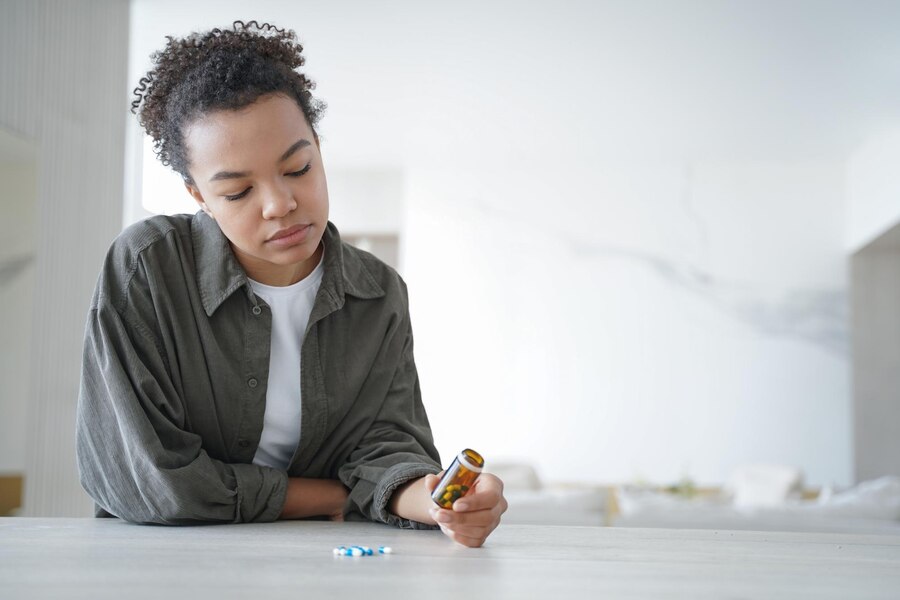When you and your partner make the courageous decision to attend couples rehab, you take a significant step toward healing and rebuilding a healthier, more connected life. The journey doesn’t end when you walk out of the facility; in many ways, it’s just beginning. For couples who’ve undergone treatment at Couples Rehab in Orange County, the challenge is not only maintaining sobriety but also nurturing the bond that brought you to rehab in the first place.
In this blog, we’ll explore practical, actionable steps to help you and your partner rebuild your life after rehab and foster lasting, meaningful change. These strategies will empower you to create a stronger partnership while maintaining your individual and collective recovery journeys.
The Road After Rehab: A New Chapter Begins
Completing a rehab program is a remarkable achievement. Whether you sought treatment for substance use, codependency, or other challenges, Couples Rehab in Orange County equips you with the tools to move forward. However, life after rehab requires intentional effort to navigate the complexities of daily living, relationships, and recovery.
This stage is about transformation—not just avoiding relapse but embracing a new lifestyle where you and your partner can thrive together. Here’s how to set yourselves up for success.
Prioritize Open Communication
Rebuilding trust and fostering connection starts with communication. Rehab often involves deep, emotional conversations about past behaviors, triggers, and how they impacted your relationship. Continuing these discussions after rehab is vital.
- Set aside time for honest talks: Create a safe space to share your feelings and concerns. Whether it’s weekly check-ins or daily chats, consistent communication keeps you aligned.
- Use the tools you learned in therapy: Couples Rehab in Orange County emphasizes communication techniques during therapy. Practice active listening, validating each other’s emotions, and avoiding blame.
Establish Healthy Routines Together
Routine is a cornerstone of recovery. Developing a structured schedule not only helps you stay on track but also creates stability in your relationship.
- Morning mindfulness: Start your day with a shared activity like meditation, journaling, or a gratitude practice. This fosters a positive mindset for the day ahead.
- Exercise as a duo: Physical activity improves mental health and strengthens your bond. Whether it’s hiking in Orange County’s scenic trails or taking yoga classes, find activities you both enjoy.
- Plan meals together: Nutrition plays a critical role in recovery. Cooking together promotes teamwork and ensures you’re fueling your body with nourishing foods.
Build a Strong Support Network
Rebuilding your life after rehab doesn’t mean you have to do it alone. A supportive community can make a world of difference in sustaining lasting change.
- Leverage local resources: Orange County offers numerous support groups for couples in recovery. Attending meetings together can reinforce accountability and provide valuable insights from others who’ve walked a similar path.
- Reconnect with healthy influences: Surround yourselves with friends and family who support your recovery journey. Distance yourselves from individuals or environments that may pose a risk to your sobriety.
- Stay engaged with aftercare services: Many clients at Couples Rehab in Orange County benefit from ongoing therapy or counseling. Regular sessions with a professional can help you navigate post-rehab challenges and keep your relationship thriving.
Set Clear Boundaries and Goals
Boundaries and goals are essential for maintaining progress and avoiding relapse.
- Identify triggers: Work together to recognize situations, people, or environments that could jeopardize your recovery. Establish boundaries to protect your sobriety and relationship.
- Create shared goals: Whether it’s financial planning, career aspirations, or personal milestones, setting goals gives you a sense of purpose and direction as a couple.
- Celebrate milestones: Acknowledge your achievements—big or small. This reinforces positivity and reminds you of how far you’ve come.
Embrace Individual Growth
While rebuilding your relationship is a priority, personal growth is equally important.
- Pursue individual passions: Whether it’s taking a class, starting a hobby, or volunteering, engaging in fulfilling activities outside your relationship strengthens your sense of self.
- Commit to self-care: Recovery can be emotionally taxing. Ensure you’re taking care of your mental, physical, and emotional well-being.
- Respect each other’s journeys: Recovery is not one-size-fits-all. Be patient and supportive as your partner navigates their unique path.
Foster a Relapse Prevention Plan
Relapse prevention is a critical part of post-rehab life. Work together to create a strategy that helps you stay accountable.
- Recognize warning signs: Learn to identify behaviors or feelings that may signal a potential relapse. Discuss these openly and address them as a team.
- Develop coping mechanisms: Whether it’s deep breathing, journaling, or reaching out for support, having tools to manage stress can prevent setbacks.
- Stay connected to Couples Rehab in Orange County: Many clients benefit from alumni programs or regular check-ins with their rehab center. Maintaining this connection can provide ongoing support.
Strengthen Your Relationship Through Shared Activities
Rehab offers an opportunity to redefine your relationship. Engaging in meaningful, shared experiences can deepen your connection.
- Explore Orange County together: From the beaches to local art galleries, taking advantage of your vibrant surroundings can create joyful memories and strengthen your bond.
- Practice gratitude as a couple: Take time to acknowledge and appreciate each other’s efforts. Gratitude fosters positivity and reinforces the value of your partnership.
- Volunteer together: Giving back to the community can be a powerful way to grow closer while making a difference.
Overcome Challenges with Patience and Resilience
Life after rehab isn’t without its hurdles. Stress, setbacks, or moments of doubt are natural, but how you handle these challenges determines your progress.
- Reframe setbacks as learning opportunities: Mistakes happen. View them as chances to grow rather than failures.
- Seek professional guidance when needed: If you’re struggling to navigate a specific issue, don’t hesitate to reach out to a therapist or counselor. Couples Rehab in Orange County offers ongoing support to help you overcome obstacles.
- Celebrate your resilience: Every step forward is a testament to your strength as individuals and as a couple.

Lean on the Expertise of Couples Rehab in Orange County
As you rebuild your life after rehab, remember that you’re not alone. Couples Rehab in Orange County is committed to helping couples create lasting change through evidence-based therapy, compassionate care, and a personalized approach to recovery.
From offering tools for effective communication to providing ongoing counseling services, the team at Couples Rehab is here to support you every step of the way.
Frequently Asked Questions (FAQ) for Couples Rehab in Orange County
1. What is Couples Rehab, and how does it work?
Couples rehab is a specialized form of treatment designed to help partners struggling with substance abuse or relationship challenges. At Couples Rehab in Orange County, we provide evidence-based therapies that address individual recovery needs while strengthening the relationship. Couples participate in joint counseling, individual therapy, and group sessions to foster mutual understanding, trust, and long-term sobriety.
2. What services does Couples Rehab in Orange County offer?
Our facility provides a wide range of services, including:
- Detox programs tailored to individual needs.
- Couples counseling to rebuild trust and improve communication.
- Individual therapy to address personal struggles and triggers.
- Relapse prevention plans to support long-term recovery.
- Aftercare support, including alumni programs and follow-up sessions.
We focus on personalized care, ensuring every couple receives the resources they need to succeed.
3. Can couples attend rehab together?
Yes, couples can attend rehab together at Couples Rehab in Orange County. Our programs are specifically designed to help partners recover side by side, addressing both individual and relationship dynamics. By attending rehab together, couples can work on rebuilding trust, improving communication, and supporting each other’s sobriety.
4. Why is Orange County a great location for couples rehab?
Orange County offers a serene and supportive environment, ideal for recovery. With its sunny weather, beautiful beaches, and access to outdoor activities, it provides a calming backdrop for healing. Additionally, Couples Rehab in Orange County is surrounded by a robust recovery community, offering ongoing support even after treatment.
5. How long does a couples rehab program last?
The length of a program varies depending on individual needs and treatment goals. At Couples Rehab in Orange County, programs typically range from 30 to 90 days. We offer flexibility to ensure each couple receives the time and care they need to fully recover.
6. What happens if only one partner is ready for rehab?
While both partners attending rehab together is ideal, we understand that circumstances may vary. If one partner is ready, we encourage them to start their journey. Individual recovery can still have a positive impact on the relationship, and over time, the other partner may choose to join. Couples Rehab in Orange County also offers support for partners navigating these situations.
7. How does therapy in couples rehab differ from individual rehab?
Therapy in couples rehab focuses not only on individual recovery but also on relationship dynamics. At Couples Rehab in Orange County, we address communication breakdowns, codependency, and trust issues alongside substance use challenges. This integrated approach helps couples rebuild their connection while maintaining their personal recovery.
8. What can we expect during couples therapy sessions?
During couples therapy sessions at Couples Rehab in Orange County, you can expect:
- Open discussions about past behaviors and their impact on the relationship.
- Tools for improving communication and resolving conflicts.
- Strategies for supporting each other’s sobriety.
- Exercises to rebuild trust and intimacy.
Therapy sessions are facilitated by experienced professionals in a safe and supportive environment.
9. How do we prevent relapse after completing couples rehab?
Relapse prevention is a key focus of our programs at Couples Rehab in Orange County. We equip couples with tools and strategies to manage triggers, including:
- Identifying and avoiding high-risk situations.
- Developing healthy coping mechanisms.
- Engaging in ongoing therapy or support groups.
- Following a structured routine to maintain stability.
- Leaning on our aftercare services for continued guidance.
10. What should we bring to rehab, and how do we prepare?
Preparing for rehab can feel overwhelming, but our team at Couples Rehab in Orange County is here to help. We recommend bringing:
- Comfortable clothing and personal hygiene items.
- A list of medications and relevant medical records.
- A journal for self-reflection.
- Contact information for supportive family or friends.
Before arrival, our admissions team will provide a detailed checklist and answer any questions to ensure you’re fully prepared.
Conclusion: A Brighter Future Together
Rebuilding your life after couples rehab is a journey of transformation, growth, and renewed connection. By prioritizing open communication, establishing healthy routines, and leaning on the resources available at Couples Rehab in Orange County, you and your partner can create a life filled with purpose, love, and stability.
The road ahead may have its challenges, but with commitment, resilience, and the right support system, lasting change is possible. Your decision to seek help is the foundation of a brighter future—one that you and your partner can build together, step by step.
Start your journey today and discover how Couples Rehab in Orange County can help you turn recovery into a lifelong success story.



